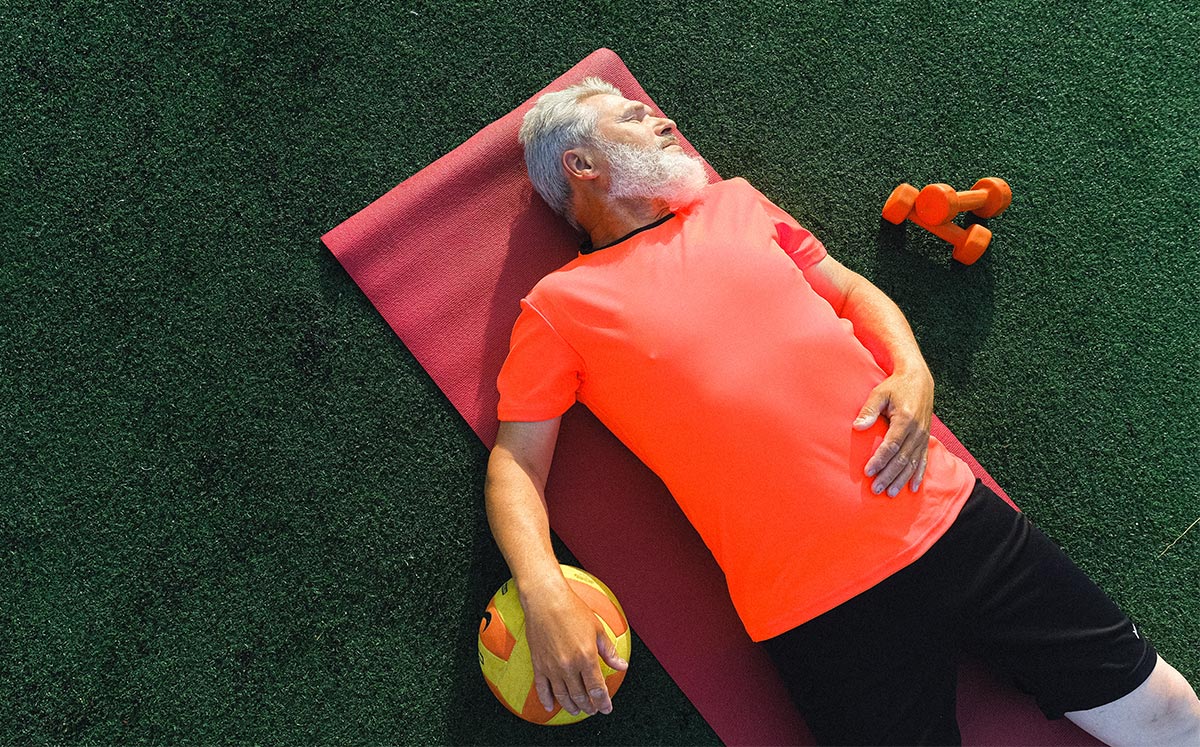One of the most important things you can do for your weight loss goals is regular cardio exercise. It really does wonders, especially if you do the most effective exercises. You have to keep it up if you want to see results. The exercises that burn the most calories and get you into shape faster are running, bicycling, swimming, step aerobics, rock climbing, and inevitably, jogging.
The Power of Cardiovascular Exercise
Cardio exercises not only burn calories but also improve heart and lung health, boost your endurance, and help regulate your metabolism. For maximum benefits, aim for at least 150 minutes of moderate-intensity cardio per week. Mixing up your activities—such as alternating between swimming and cycling—can help keep things interesting and engage different muscle groups.
Stay Hydrated
Drinking plenty of water is a simple yet powerful weight-loss strategy. Water increases your body's ability to metabolize fat and helps shed those first few pounds, often referred to as water weight. Staying hydrated also curbs unnecessary hunger pangs, as thirst is often mistaken for hunger. Aim to drink at least 2 liters of water daily, and more if you’re engaging in intense exercise.
Reduce Stress with Yoga
Yoga is often recommended not just for physical fitness but also for stress management. High stress levels lead to elevated cortisol, which can promote fat storage, especially around the abdomen. Yoga and other relaxation techniques help lower cortisol levels, improving your overall health. Even 10-15 minutes of mindfulness or light stretching can make a difference.
Eat More Fruits and Vegetables
Incorporating more fruits and vegetables into your diet is essential for weight loss. These foods are low in calories and high in fiber, which helps you feel full longer. Leafy greens like spinach and kale are particularly beneficial as they are nutrient-dense and packed with vitamins and minerals. Replacing high-calorie snacks with fruits and vegetables can significantly reduce your daily calorie intake while keeping you satisfied.
Protein Is Your Best Friend
Protein plays a crucial role in weight loss and long-term maintenance. High-protein foods increase satiety, helping you eat less, and they also preserve lean muscle mass during weight loss. This is important because muscle burns more calories than fat, even at rest. Incorporate lean protein sources like chicken, eggs, fish, tofu, and low-fat dairy into your meals. For a quick protein boost, a handful of almonds or a boiled egg makes for a great snack.
Stick to Structured Meals
Eating structured meals—breakfast, lunch, and dinner—helps regulate your metabolism and prevents overeating. Avoid mindless snacking, which is often triggered by boredom rather than hunger. If you feel the urge to snack, choose a piece of fruit or some raw vegetables. Keeping a food diary can also help you identify and eliminate unnecessary snacking.
Eat Slowly and Mindfully
Eating slowly gives your brain time to register that you’re full, which can prevent overeating. Chew each bite thoroughly and savor your food. Mindful eating not only enhances your dining experience but also improves digestion. Studies show that people who eat slowly consume fewer calories overall, making it an effective strategy for weight loss.
Control Your Portion Sizes
Portion control is a cornerstone of successful weight management. Even healthy foods can contribute to weight gain if consumed in large quantities. Use smaller plates and bowls to help control portions, and measure out servings rather than eating directly from the package. This simple practice can prevent overindulgence and keep your calorie intake in check.
Consistency Is Key
The most critical factor in achieving and maintaining weight loss is consistency. Whether it’s sticking to your workout routine, drinking enough water, or eating balanced meals, regularity is what drives results. Weight loss doesn’t happen overnight, but with dedication and persistence, you can achieve your goals. Remember, this is not just about losing weight but also about adopting a healthier lifestyle.
Additional Scientific Insights
Recent studies emphasize the importance of combining diet and exercise for sustainable weight loss. Research from the Journal of Obesity highlights that incorporating strength training alongside cardio can boost metabolism and prevent muscle loss during weight reduction. Additionally, ensuring adequate sleep—around 7-9 hours per night—is vital, as poor sleep disrupts hormonal balance and increases cravings for unhealthy foods.
Final Thoughts
Weight loss is a journey that requires patience, commitment, and a balanced approach. By following these nine tips—regular cardio, hydration, stress management, and a focus on whole, nutrient-dense foods—you set yourself up for success. Consistency and a positive mindset will carry you through, making not just weight loss but a healthier, happier lifestyle an achievable reality.













